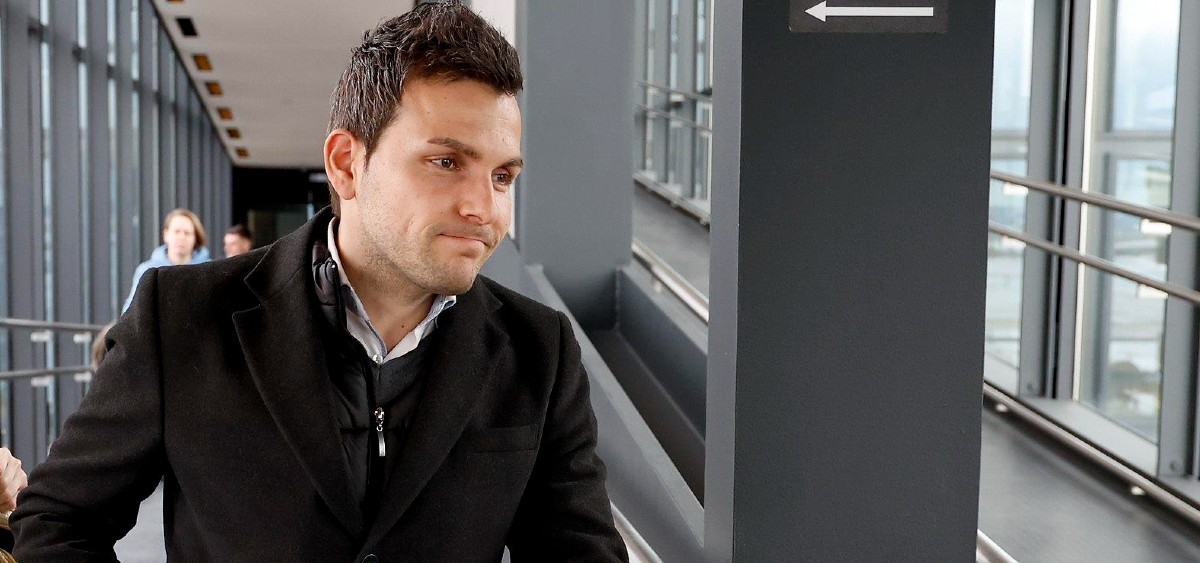On the one hand, the European Union wants to become climate neutral as quickly as possible, and on the other hand, mountains of subsidies go to the agricultural sector, which emits a huge amount of carbon dioxide, pollutes the soil and harms animals.
To be precise, the European Union spends 82% of its total agricultural subsidies on polluting agriculture, such as livestock and animal products. The country's bloc is undermining its climate goals, researchers wrote in a study Monday in nature I figured out.
a surprise
This is something that should be seriously considered. Global food production accounts for about one-third of total greenhouse gas emissions. Scientists say current EU agricultural policy currently constitutes an “economic disincentive to transitions” to more sustainable practices. “We found that European agricultural policy disproportionately subsidizes animal products compared to plant-based alternatives,” says lead researcher Anick Kortlev from Leiden University. “This came as a bit of a surprise. It was a bit more so than other studies previously reported and that's because we included animal feed subsidies correctly.”
Animal feed
Direct subsidies to livestock farmers accounted for half of agricultural subsidies, for which €57 billion was allocated in the 2013 budget. All of the support is for high-emitting farmers. The rest of the money went largely to animal feed production.
For beef, the subsidy rose from 0.71 cents per kilo to 1.42 euros if animal feed is included. The researchers wrote that little changed in the distribution of support between 2013 and 2020.
That this much money is going to such a polluting industry is remarkable when you know that the European Union wants to be climate neutral by 2050. By 2030, carbon dioxide emissions should be 55 percent lower than they were in 1990. It is a daunting task that is difficult to accomplish without farmers causing a lot of emissions.
Climate goals are out of reach
Therefore, researchers say that subsidies significantly hinder the EU's climate goals. “Globally, emissions from the food system are enough to push us past the 1.5 degree warming mark,” she said. This is the agreed target of the 2015 Paris Climate Agreement: if temperature rises remain below 1.5 degrees, the consequences on Earth are still more or less under control. “It is very difficult to achieve these goals if you design the economy in a way that incentivizes the most harmful products,” says co-researcher Paul Behrens from Leiden.
The knife also cuts on both sides. Not only are farmers emitting too many greenhouse gases, but the land you use to raise and feed livestock can no longer be used to plant forests or other things that ensure more plants and animals can absorb carbon. “You can't use land for many different applications at the same time,” Behrens says.
Crop damage
In addition, farmers themselves are greatly affected by climate change. Many crops are lost due to floods, severe droughts and forest fires. The scientist says investing in land conditioning and distribution methods can provide protection in the long term.
Subsidies must therefore be distributed differently. However, the subsidized products are not even used only for consumption within the European Union. At least 12% of them, more expensive products such as cheese, pork and wine, are exported to countries such as China, Russia and the United States.
Different interpretation
Behrens recognizes the importance of agricultural subsidies, but believes the system “should be redesigned to enhance environmental benefits.” Subsidies must also be adjusted to suit the increasingly difficult conditions facing farmers as a result of global warming.
In short, it would be better for farmers and EU citizens, and certainly for the climate, if EU agricultural subsidies were distributed differently, with greater emphasis on plant-based alternatives.

“Creator. Award-winning problem solver. Music evangelist. Incurable introvert.”

:format(jpeg):fill(f8f8f8,true)/s3/static.nrc.nl/bvhw/wp-content/blogs.dir/114/files/2021/11/trujilo-vierkant.png)





More Stories
France’s left-wing bloc puts forward a candidate for prime minister: this is Lucie Castet
More than 2,500 arrested after massive student protests in Bangladesh
EU criticizes Israeli PM for distorting history, court ruling